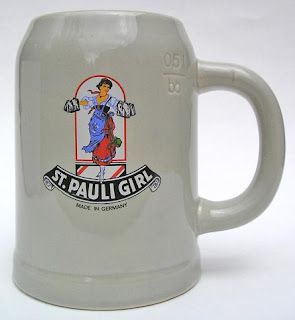
noun
the mouthpiece of a recorder or similar wind instrument that is blown endwise, in which a thin channel cut through a block directs a stream of air against a sharp edge. The term has been applied to various parts of this, including the block and the channel































